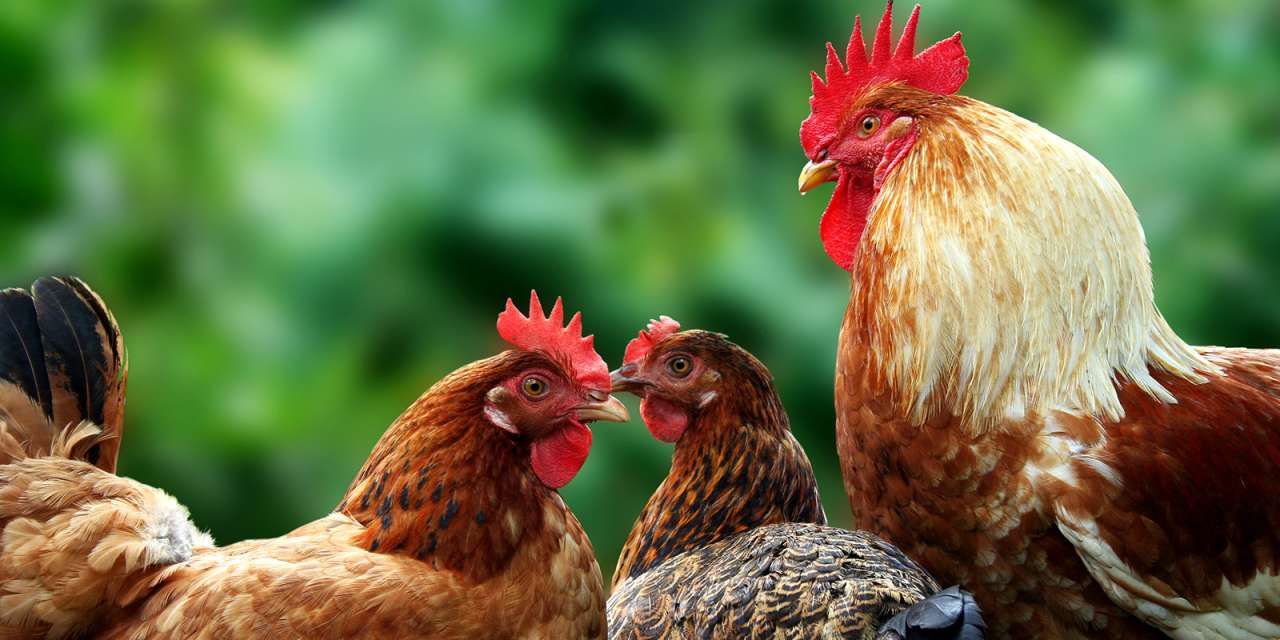Keeping Poultry Guide

Essential Equipment
- Dry secure housing is a must so you will need a chicken house or coop – this should ideally have an enclosed run. We recommend sawdust or wood shavings for the floor and nest boxes. Straw is not essential but is useful if you want to give your birds some extra TLC
- A feeder and drinker – you must ensure that your birds always have access to water
- Feeding - A layers pellet or mash and grit is all that is necessary feed wise.
- Cleaning products
Looking after Poultry
Cost
There are costs involved in owning and looking after poultry, but they are not very high compared with the rewards. Hens will eat roughly 1Kg of feed per week and you may decide to add extra dietary products. A 20kg bag will generally las 4-5 weeks for a small brood.
How many eggs?
Hens generally start to lay at around 16-20 weeks of age and are at their most productive when young but very few birds will lay every day. Many older birds will still give you 3 or 4 eggs each week.
Choosing the right breed
The most common variety of chicken is the hybrid and you will receive a regular reliable supply of eggs. The pure breeds are generally not so productive but are becoming popular and amongst these the best for high egg yields include, Rhode Island Red, Sussex, Australorp Maran and Barnevelder. They are also popular for the variety of egg colours within the breeds.
How many Chickens?
This will depend on the space available and how many eggs you require. As a guide you can expect a hybrid hen to lay between 5 and 7 eggs per week. For companionship you should always have at least two hens.
Give them space
The more space you allow the happier your chickens will be and of course happy chickens will produce more eggs. You can supplement the House and Run with further larger protected runs.
Ensure they have plenty of flat areas to roost above the floor and for the base of the house, use a dust free material because chicken will enjoy flapping their wings.
Choosing the correct feed
This will depend on the growth stage of your birds and should ensure it contains all the nutritious ingredients to help them stay healthy. The basis of their diet should be a compound feed such as layers pellets and you should also provide a supply of mixed grit to help with digestion and produce stronger eggshells. Any treats should be fed sparingly once your hens have eaten their normal food.
Lifestyle and enrichment
Provide interest with the run and areas where they can have dust baths and things of interest to peck at. They are intelligent birds and appreciate a stimulating environment.
Are they noisy?
Hens are pretty quiet and can be kept in close proximity to neighbours provided you do not have a cockerel.
Keeping them Safe and Stress free
They need to be securely fenced in and it is very important to shut them in at night. Even if you do not have foxes now there is a very good chance you will if you start keeping hens.
